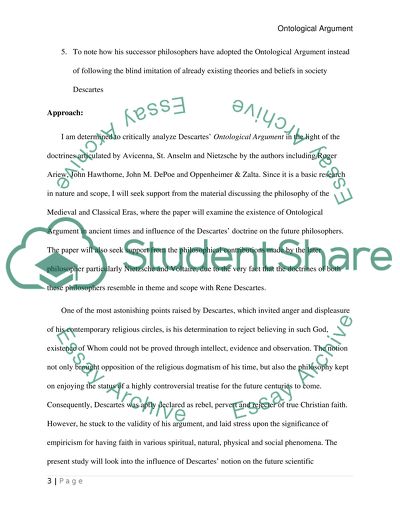Cite this document
(“Ontological argument - Rene Descartes Research Paper”, n.d.)
Retrieved from https://studentshare.org/philosophy/1395038-ontological-argument-rene-descartes
Retrieved from https://studentshare.org/philosophy/1395038-ontological-argument-rene-descartes
(Ontological Argument - Rene Descartes Research Paper)
https://studentshare.org/philosophy/1395038-ontological-argument-rene-descartes.
https://studentshare.org/philosophy/1395038-ontological-argument-rene-descartes.
“Ontological Argument - Rene Descartes Research Paper”, n.d. https://studentshare.org/philosophy/1395038-ontological-argument-rene-descartes.


